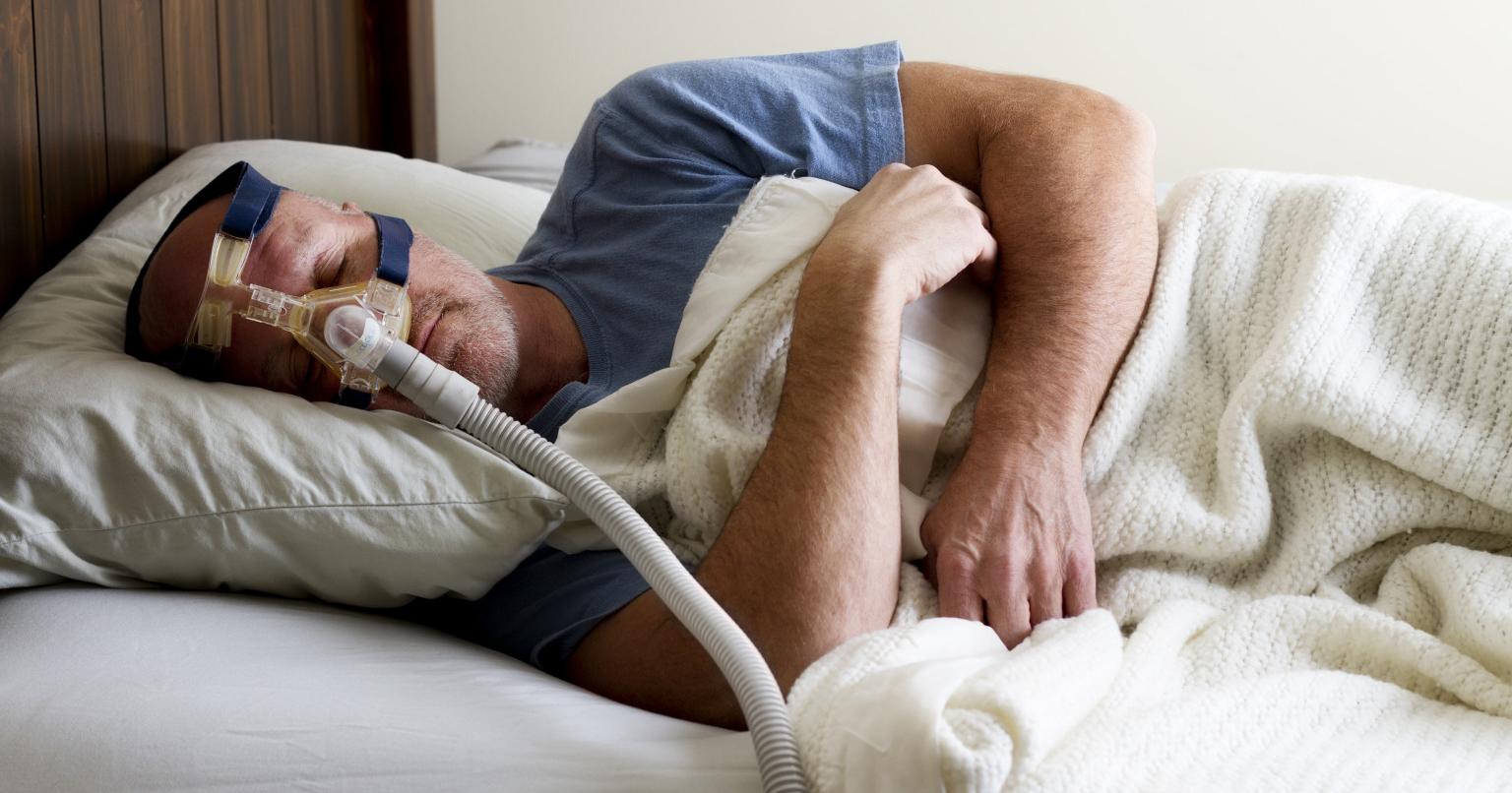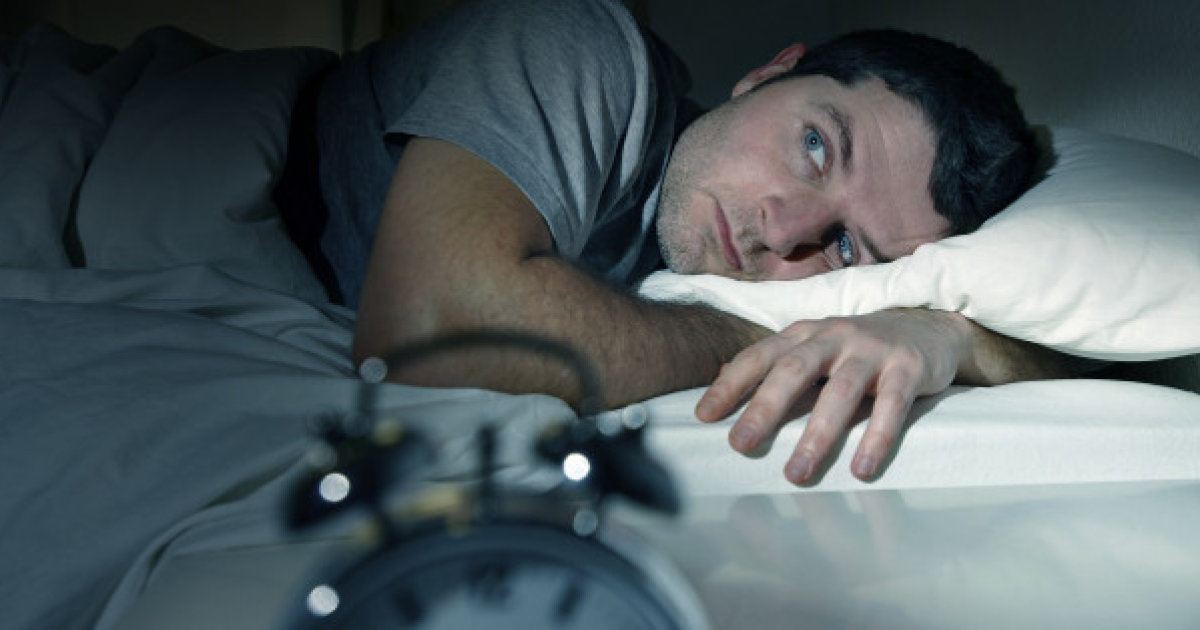What Causes Nightmares?
A nightmare is a frightening, realistic dream that can awaken you or linger in your thoughts long after you have woken up for the day. Nightmares can produce anxiety or heart-pounding fear, and even start at a very young age and continue throughout an individual's life. Nightmares are usually experienced during rapid eye movement (REM) sleep, which takes place in the early morning hours. REM sleep is characterized by an increase in body movements and vivid dreams. Many individuals have recurring nightmares of the same experience or event, especially if they have gone through traumatic experiences or events. Common nightmares experienced across cultures include losing teeth, falling from a high place, and moving in slow motion while being chased by a monster or other form of danger. Get to know what causes nightmares now.
Late Night Snacks

Indulging in late night snacks like junk food can increase the occurrence of nightmares. Sugary snacks like candy bars, ice cream, and cake as well as spicy foods can cause digestive issues and disrupt sleep. The consumption of sugary snacks or spicy foods can speed up your metabolism and brain activity, which can increase the length of time when dreams and nightmares can take place. Many studies have been able to link these types of food to an increase in the occurrence of nightmares. Individuals who love late night snacks or eat close to bedtime should refrain from doing so if it's causing disturbing nightmares
Reveal the next cause of nightmares now.
Sleep Deprivation

Sleep deprivation means you aren't getting enough sleep to feel and function at your best. The ideal amount of sleep varies from person to person, but it's always the amount needed to feel well rested and alert in the morning. A lack of required sleep can lead to nightmares. Sleep deprivation is a common problem, and it can affect individuals at different stages in life. Children and young adults seem to be more affected by a lack of sleep in comparison to older adults. Studies show the younger age groups have an increased risk of recurrent nightmares when experiencing insomnia and resulting fatigue. The lack of sleep accumulates over time and can become more troublesome. Individuals having nightmares because of sleep deprivation can take steps to get a sufficient amount of sleep by establishing a bedtime routine, including a set time to head to bed.
Learn about the next causes of nightmares now.
Anxiety And Depression

Anxiety and depression can have a huge influence on your ability to get a good night's sleep. The daily worries of life and stressful events can result in restless nights and disturbing nightmares. Many individuals experience anxiety on a daily basis at school or work, especially due to worries about performance. Students experience stress before exams or other tests, and working adults may have demanding jobs and little time to decompress and unwind. Significant life events such as divorce or the death of a loved one can cause life-altering depression as well. Anxiety and depression are linked to poor sleep, and both may give rise to nightmares. Many students have nightmares about exams even after they've finished school. Studies have also shown a very strong link between severe depression and a higher incidence of nightmares.
Keep reading to discover more causes of nightmares.
Post-Traumatic Stress Disorder

Individuals with post-traumatic stress disorder (PTSD) are much more likely to have nightmares than the general population. Those who have suffered trauma or survived circumstances like natural disasters, war, or years of abuse have a significantly increased risk of recurring or frequent nightmares. According to research estimates, approximately fifty-two to ninety-six percent of the PTSD population suffer from nightmares. Many patients tend to replay traumatic events over and over in their mind, and these elements or themes become an integral part of their nightmares. Some individuals keep reliving the trauma for months or years afterward during waking hours and in their nightmares.
Uncover another cause of nightmares now.
Restless Legs Syndrome

Restless legs syndrome affects the quality of sleep and also increases the occurrence of nightmares. It's a neurological disorder that causes affected individuals to feel a strong compulsion to move their legs. It also causes a burning sensation and itchiness in the legs. These symptoms are often at their worst during the night while lying down, which makes it difficult to sleep through the night. Severe cases of restless legs syndrome may cause a drastic reduction in the number of hours worth of sleep a patient can achieve per night. The condition mainly affects the middle-aged population. Women and individuals with a family history have an increased risk of developing the condition. People with restless legs syndrome are more vulnerable to anxiety or depression, which can compound sleep problems and nightmares. The condition, thankfully, can be managed with medication and lifestyle changes.
Discover another sleep disorder that can trigger nightmares now.
Sleep Apnea

Sleeping disorders, such as restless leg syndrome and sleep apnea, have been known to trigger nightmares in patients due to the disruption or altering of sleep patterns these conditions cause. Sleep apnea is a serious sleeping disorder that occurs when an individual’s breathing is interrupted during sleep and can cause some individuals to stop breathing multiple times within one night, even hundreds of times if it is left untreated. This can result in the brain and body not receiving enough oxygen, which can trigger a nightmare to occur.
There are two types of sleep apnea: obstructive and central. Obstructive sleep apnea is the more common type and it is caused by a blockage in the airway, usually when the soft tissue in the back of the throat begins to close or collapses while a person is sleeping. Central sleep apnea is when the brain fails to signal the muscles to breathe due to instability in the respiratory control center, and has nothing to do with blocked airways. Unfortunately, if sleep apnea is left untreated, it can lead to numerous health risks, such as headaches, depression, high blood pressure, worsening ADHD symptoms, diabetes, stroke, and cardiovascular problems such as heart failure, irregular heartbeats, and heart attacks.
Next, find out which medications can cause nightmares to occur.
Certain Medications

Specific medications are known to cause frequent nightmares in adults, such as antidepressants and narcotics, that can alter the brain’s chemicals. Blood pressure medications and other non-psychological medications can also cause recurring nightmares in adults as well due to how they affect the body and interact with the brain’s chemicals and nerves. Withdrawal from medications, such as antidepressants and sleeping pills, and some substances can also induce nightmares, therefore, if a patient notices a difference in their nightmare frequency after changing or stopping their medication altogether, they should consult their doctor.
Keep reading to learn how nightmares can affect your mental and physical health.
How Does It Affect Health?

Nightmares that begin to affect your mental and physical health transition to more than just a bad dream, but to an actual health concern that needs to be addressed promptly. For those who experience nightmares, individuals who are dealing with anxiety or depression are more likely to become distressed about their nightmares and experience even more negative psychological side effects than before. Sleep deprivation, which can be caused by nightmares, can also lead to a whole host of medical problems, such as heart disease, obesity, and depression, as well as untreated sleep apnea and PTSD, can lead to further conditions to develop as a result of nightmares.
Although rare, if nightmares recur enough for some individuals, it can develop into “nightmare disorder,” which is defined by The Diagnostic and Statistical Manual of Disorders as “repeated awakenings with recollection of terrifying dreams, usually involving threats to survival, safety, or physical integrity." There is no denying that recurring nightmares can cause fatigue, and fatigue can lead to numerous health consequences such as interfering with our family and social life, as well as our work performance. The flip side of nightmares is that recent research has discovered that nightmares may be helpful in getting us to move past a traumatic event, as a nightmare can be an emotional release from built-up anxiety and stress.